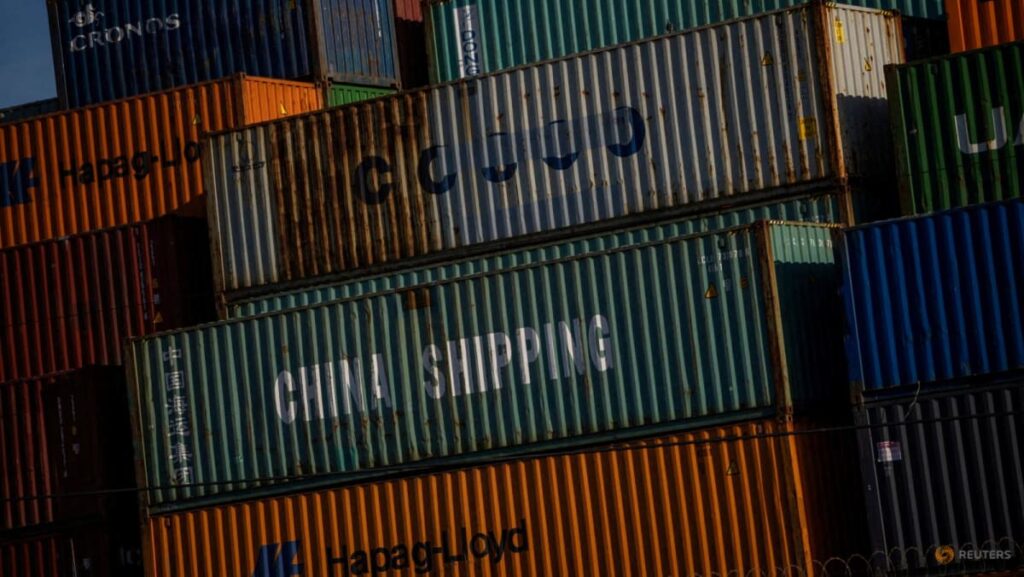BEIJING: China’s top leaders pledged on Friday (Apr 25) to step up support for the economy and oppose “unilateral bullying” in global trade, offering a veiled rebuke of hefty tariffs recently imposed by United States President Donald Trump.
The world’s two largest economies are engaged in a high-stakes tit-for-tat trade war that has spooked markets and spurred major manufacturers to reconsider supply chains.
During a gathering of the Chinese Communist Party’s top decision-making body focused on economic work and attended by President Xi Jinping, leaders acknowledged that “the impact of external shocks is increasing”, state news agency Xinhua reported.
They also said they would seek to “work with the international community to actively uphold multilateralism and oppose unilateral bullying practices”, said Xinhua.
The brutal trade war comes as China’s economy strains under the weight of longstanding woes in the property sector and the reluctance of consumers to pull out their wallets.
The Politburo meeting saw leaders discuss a range of domestic economic issues, emphasising the need to “enhance the role of consumption in stimulating economic growth”, according to Xinhua.
They also called for action to increase incomes and “vigorously develop service consumption”, as well as the implementation of key rate cuts at “appropriate times”.
Economists say the Chinese economy will need to depend more on domestic consumption in order to sustain growth throughout coming years.
Beijing is targeting annual growth this year of five percent, though experts consider that goal to be ambitious.
Last year saw China achieve record exports, providing a key source of economic activity as domestic challenges in the property sector and deflationary pressure persisted.
Since returning to the White House in January, Trump has slapped most trading partners with 10 per cent tariffs.
But China has received the worst of the blitz, with many products from the country now facing a 145 per cent tariff. Beijing has responded with new 125 per cent tariffs of its own on US goods.
Read the full article here
